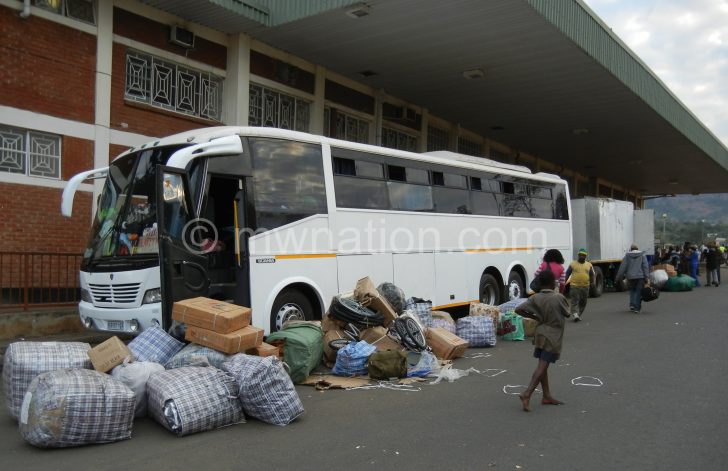Trade policies burden local traders—study
The Common Market for Eastern and Southern African (Comesa) says unfovarouble trade policies are fuelling informal cross-border trade in Malawi.
In its study, which reviewed seven Comesa member States, including Malawi on policies related to the formalisation of the informal economy focusing on informal trade, the 21-member Comesa said that Malawi has a sizeable informal economy, serving as a source of livelihoods.

The study noted that trade policies are silent about cross-border trade; hence, not mainstreamed in national policies, plans and strategies.
The study, which focused on the drivers and impacts of informality on the economy, said the development robs government of potential revenue.
Reads the report: “Estimates suggest that informal cross-border trade exceeds the official economic activity. An important component of the informal economies of the member countries’ informal cross-border trade involves small-scale traders who carry goods across borders evading all regulatory requirements.
“The immediate impact of this is that governments do not receive the tax revenues on these transactions. Informal cross-border trade also distorts the trade policy in these countries.”
Reacting to the report yesterday, Cross-border Traders Association of Malawi president Steve Yohane admitted that most local cross-border traders are involved in informal trade.
He said this is due to, among other factors, stringent taxation issues and cumbersome border conditions.
Said Yohane: “Cross-border businesses in the country have continued to face various hardships, which have certainly eaten into incomes. Key among these is the issue of taxation which has pushed most traders into smuggling.
“On top of this, there is also the issue of lack of information among traders and some government agencies on provisions that are meant to ease trading burdens.”
He urged government to continue softening policy regulations and introduce policies that are friendly to cross-border traders, saying this could help them diversify economic activities and contribute to development.
Cross-border trade has been a major feature of Malawi’s economic and social landscape, with available data indicating that it plays a huge role in Africa.
In the Southern African Development Community region, cross- border trade is estimated to be worth $17.6 billion per year, which is about 30 to 40 percent of total regional trade, according to the United Nations Conference on Trade and Development.
But cross-border traders benefit only marginally from their trading activity due to a number of factors, including policy, institutional, cultural, economic and regulatory issues.
The Comesa study has since recommended that government should offer technical assistance and quality support services to informal traders and build trust between the private sector and border agencies.
According to the study, promotion of broad regulatory and administrative reforms, simplification of official administration for businesses and tax administration and rationalisation of business registration and licensing regimes is also crucial to minimises challenges faced by cross-border traders.
The study also recommended that government should consider reducing the cost of trading formally and enhance the efficiency of border controls to improve compliance with existing trade-related regulations and addressing the implementation challenges of the Comesa Simplified Trade Regime.
Ministry of Trade spokesperson Mayeso Msokera was yet to respond to the issues raised in the study, but in an earlier interview he acknowledged the challenges faced by cross-border traders.
He, however, said cross-border traders remain critical to the country’s economy as they contribute between 30 and 40 percent to the country’s economic operations.





